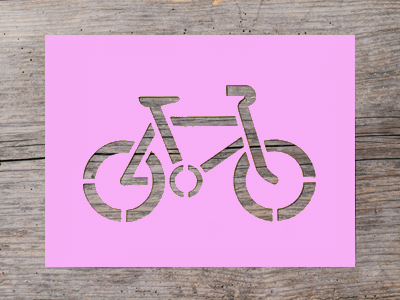
Experimentation
This quiz addresses the requirements of the National Curriculum KS2 in Art and Design for children aged 7 to 11 in years 3 to 6. Specifically this quiz is aimed at the section dealing with understanding artistic processes and techniques, and it focusses in particular on experimentation.
Children will have learnt a variety of artistic techniques and processes in KS1. Experimentation with a variety of media is an important part of creative development as children learn new techniques by learning how to control and manipulate materials in order to produce the effect or finish they want.
Experimentation is one of the best ways to learn new processes. Try your hand in this quiz and see if you learn something new.
Ready for more?
not all...
quizzers. Try to win a coveted spot on our Hall of Fame Page.







